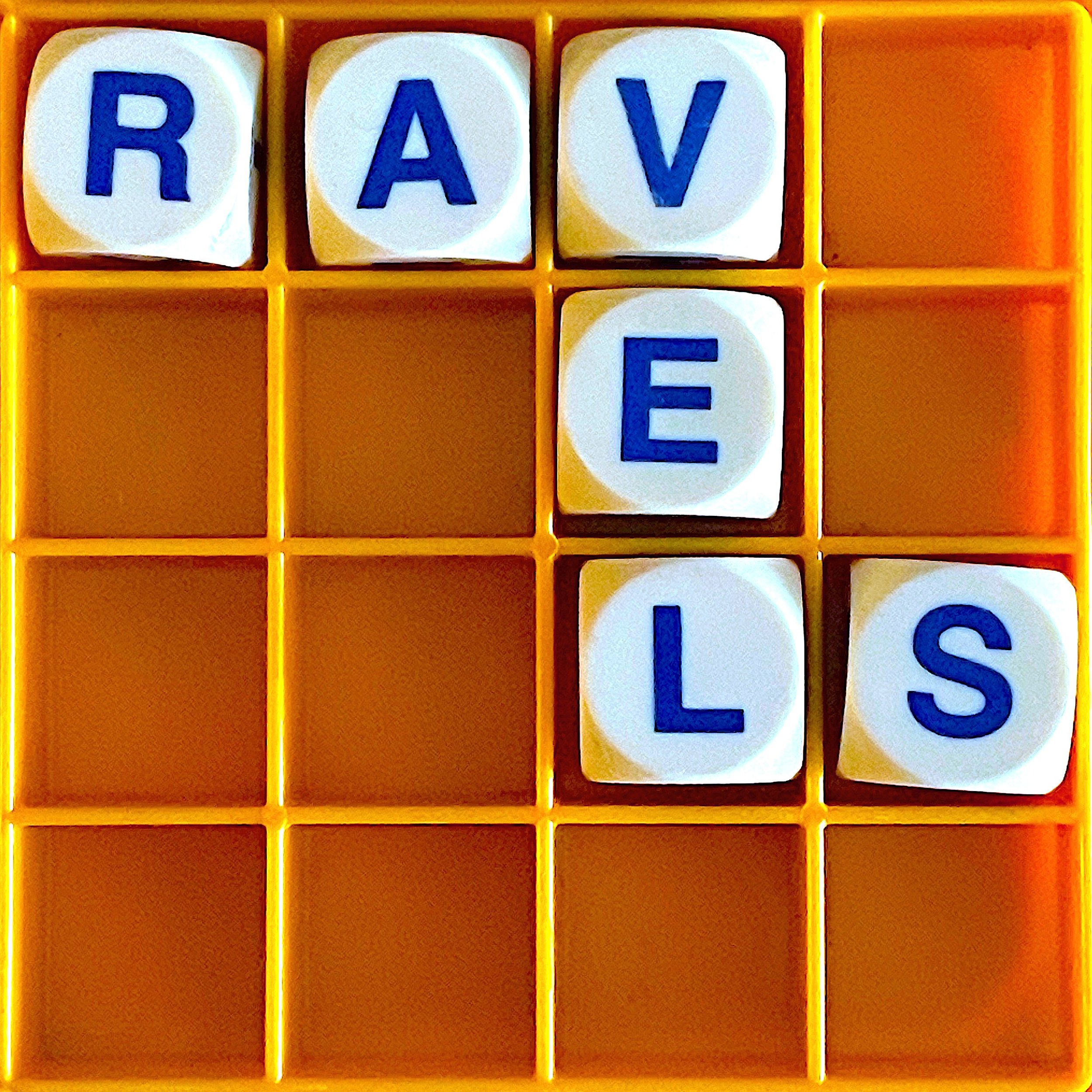MIRIAM FELTON: No; I think, as with most of these things, they're just named after people. The people themselves don't really have much association with it. Like the Earl of Cardigan didn't ever wear a cardigan as far as we know.
HZ: What? What?? I assumed that he was out there on the battlefields in a cardigan.
MIRIAM FELTON: Like a nice fair isle one with all the stranded colour work? That would have been awesome.
HZ: Just some kind of frontally divided knitted garment. But no?
MIRIAM FELTON: No.
HZ: What?!
MIRIAM FELTON: Not as far as we have any evidence.
Allusionist 185 Gems and Patties transcript
I've got a doctorate in this, and I have got dwarfism, but there'll always be an average-sized person whose only recollection of dwarfism is through Snow White, and yet somehow they'll construct themselves as the expert, and tell you it's not offensive or, “No, you've got that wrong.”
HZ: Also by having it on bags of sweets, that's kind of the ultimate “It's okay to say this in normal conversation”.
ERIN PRITCHARD: Yeah. But you do get through to some people, some people go, “I never realised that. I never knew that.”
Read moreAllusionist 174 Eurovision part 1 transcript
The Eurovision Song Contest has given us the international renown of Celine Dion, Måneskin, Dana International, Conchita Wurst and Riverdance; tear-off skirts, nul points, shiny shiny costumes, a band of babushke dancing around an onstage bread oven; not to mention fraught politics, within and between nations. And most importantly for our purposes: linguistic intrigue! So much linguistic intrigue.
Read moreAllusionist 145 Parents transcript
FREDDY McCONNELL: A lot of the time when you hear about trans and non binary inclusion in pregnancy care, the idea is that all of this inclusive stuff is additive. It's not meant to replace language that works for the vast majority of people who are pregnant, which are cis women; it's just this is the language you use if and when you do encounter someone who's trans.
Read moreAllusionist 135 SOS transcript
PAUL TYREMAN: Three dots, three dashes, three dots. It's fairly easy to remember, it's easy to key, and it's difficult to confuse with other things.
CHRISTIAN OSTERSEHLTE: Maritime communication, especially in distress case, has to be distinctive, clear, and not subject to misunderstanding.
HZ: The main misunderstanding with SOS is that it stands for ‘Save Our Souls’ or ‘Save Our Ship’ or ‘Send Out Succour’. As if when your ship was sinking, your emergency message would be ‘send out succour’, cmon.
PAUL TYREMAN: It wasn't introduced because it meant anything.
Read moreAllusionist 133 Cake Is Mightier Than The Sword transcript
JUAN PALACIOS: So as a funny, but actually as a political comment, a political statement, they start naming the pastries with these names. Who would they attack? The police; the army; the church: the structures of power that they were trying to take down. Hence the names. It's funny but it was more than that. It's a political statement.
MADI LANG: It really characterizes the people. Because I don't think they thought they were going to start a revolution. They were just being kind of disrespectful in a very open, normal way, like, what if instead of calling it pizza they called it "the fuck you"?
Allusionist 118 Survival: Bequest transcript
ELIZABETH KEREKERE: I'm so convinced that transphobia, biphobia, homophobia are such an integral part of colonisation, I reject that as a colonial construct, I reject it as racist.
As they took our land - tried to take all of our land, tried to take all of our language and suppress our culture, they also took our expressions of sexuality and gender. And that is important to us in a core part of our culture, especially because the way that the institutional racism, the intergenerational trauma that is the legacy of colonisation has impacted on us and the levels of discrimination against people with diverse genders, sexualities and sex characteristics, that we see that all of this, all of this was a massive attempt to cover up what was already there and pretend it never happened.
Allusionist 117 Many Ways At Once transcript
HARRY JOSEPHINE GILES: Our behaviour and our desires will always exceed any terminology that anyone can come up with. And so rather than trying to find the right terms - and this for me is like what working in, what trying to come up with an LGBT Scots glossary does: it's a chance to imagine. It's a chance not to come up with the right way of saying things, but to say: what if we thought about it this way? What if we thought about it that way? What assumptions are built into the languages that we use?
Read moreAllusionist 116: My Dad Excavated a Porno transcript
HZ: The Victorians really did a number on people. I feel like we're still unpicking Victorian attitudes.
KATE LISTER: Yes, we are. I mean, we're still very much the children of the Victorians, and they're a fascinating bunch, the Victorians. No generation, at no point in history, has sex been successfully repressed, ever. It just doesn't happen. But what you have is really strict social morality, conditioning and mores and constructs and power dynamics around sex that dictate what we are and what we're not supposed to be doing. And outward facing, they were so repressed and polite society and so offended by everything even remotely to do with sex, to the point of where they wouldn't say the word 'trousers' because they thought they were too rude. They were 'sit down upons'.
Read moreAllusionist 76. Across the Pond - transcript
HZ: We’ve all noted by now that Americans don’t spell colour or neighbour with a ‘u’ because who needs it, and Brits snigger uncontrollably at ‘fanny pack’. We know American and British Englishes are different, but the question is “Why?”
LYNNE MURPHY: People will say to me, "Why do British people say this and American people say that?" and I'm like, "Well, because they learned English in different places."
Read more









